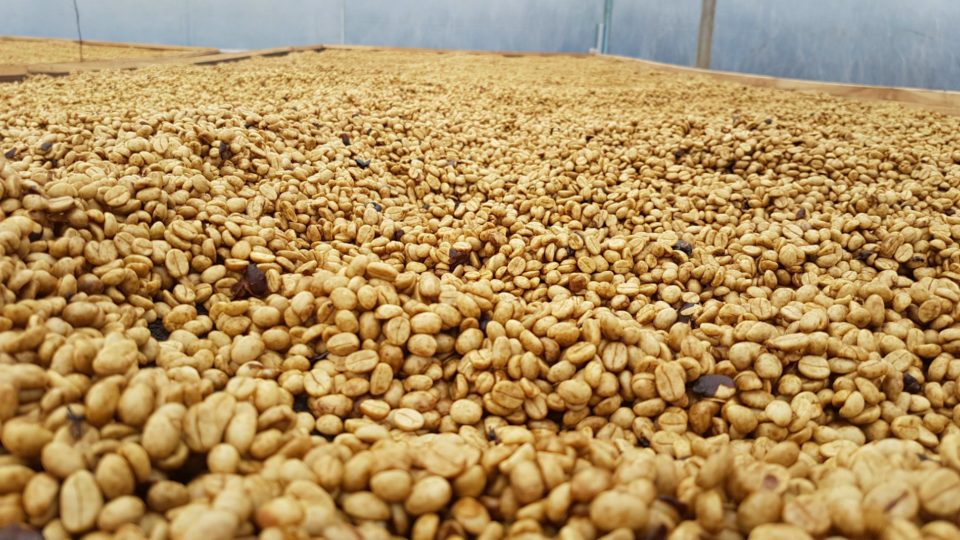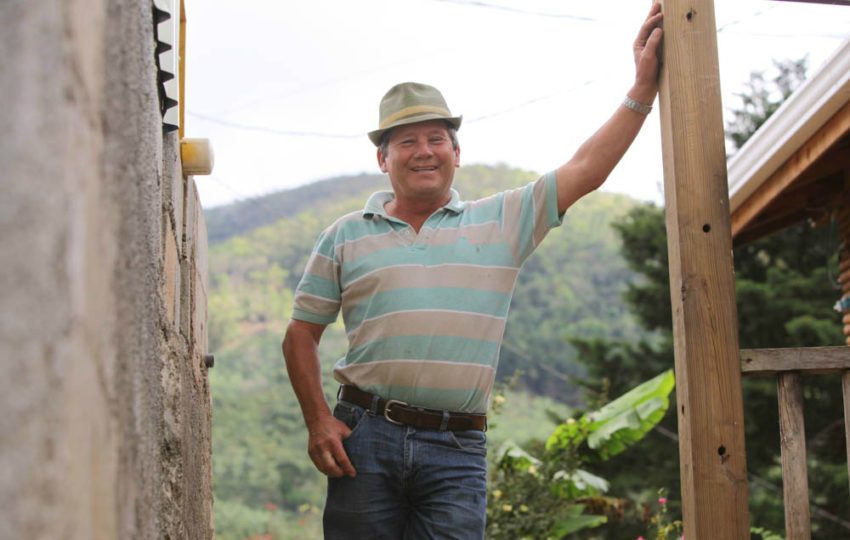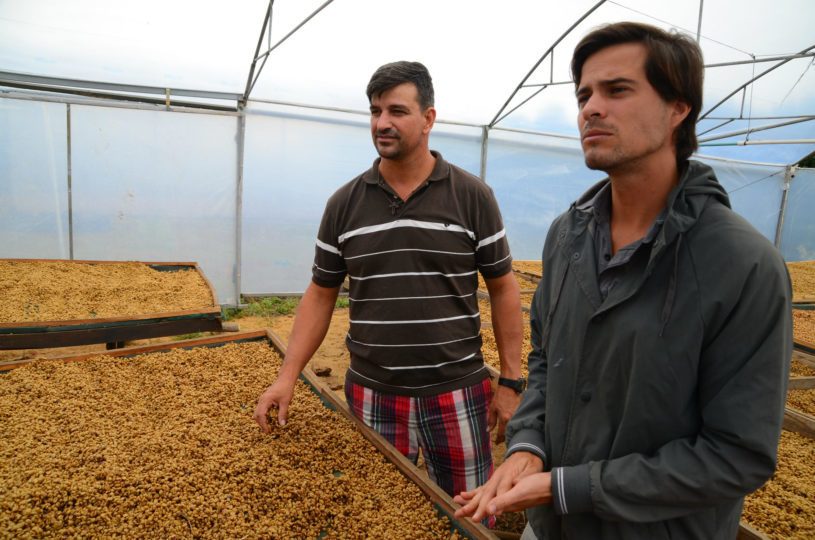Solberg & Hansen recently presented three new types of coffee from Costa Rica. What is it that makes this a unique coffee country?
Costa Rican coffee is widely known for its exciting flavor profiles and great mouthfeel. The coffee farms are often small and family-run, and coffee production is a legacy that is often passed down through generations. The farmers often own their own micro-mills, allowing them to work with the entire value chain from growing coffee berries to processing.
If you've had some specialty coffee in the past, you've probably heard of berry-dried coffee. In short, this means that the coffee berries are dried with the skin and pulp on before being further processed, sorted, packaged and eventually roasted.
If the coffee is wet-processed, this means that the skin and pulp are removed from the bean immediately after harvesting, before fermentation, rinsing and drying.
When you buy coffee from Costa Rica, you will often see that it is honey-processed. This is an intermediate variant between the first two, as the husk is removed, but some of the pulp around the bean is retained before drying. This adds sweetness and fruitiness to the flavor. "Honey" refers to the sticky sugar layer that remains around the bean and feels like honey. Because some of the pulp is retained, the method is also referred to as partially berry-dried.

The processing method originated in Costa Rica, but although many farmers have specialized in this, berry-dried and wet-processed coffee is also produced in the country, in line with other coffee-producing countries in Central America.
Honey-processed coffee is divided into four different grades: black, red, yellow or white. This indicates how long the bean has been dried and how much pulp has been left around it. The darker the color of the bean, the longer it has been dried and the more pulp it has had around it.
By experimenting with these different parameters, Costa Rican coffee farmers are able to bring out unique flavor profiles. At Solberg & Hansen, we are proud to work with some of the country's leading producers.
Coffee production through generations

The Bonilla family, led by father Hector, started the Don Mayo micro-mill in 2006. Just three years later, they won the Cup of Excellence, the most prestigious competition and award for specialty coffee, demonstrating a huge focus on quality from the very beginning.
We are proud to present an exciting micro lot from the farm that in just over 10 years has established itself as one of the very best in Costa Rica.

From the El Venado farm and the Delgado family comes the second of this fall's news from Costa Rica. The family has been growing coffee for three generations and is known for its high quality. They control all stages from cultivation to drying, and the Cerro San Luis micro mill is their own.
60 years of experience
The third and final coffee news from Costa Rica is a new harvest from the small, generationally run farm La Bandera.
60 years after his father planted the first coffee plants on the farm, Diego Hilgado continues to run the farm with a steady hand. Over the years, he has built up an enormous amount of knowledge and can safely be called one of Costa Rica's finest producers.